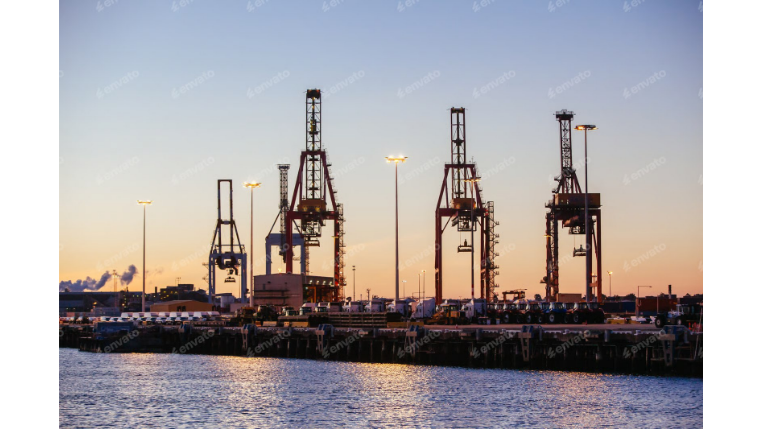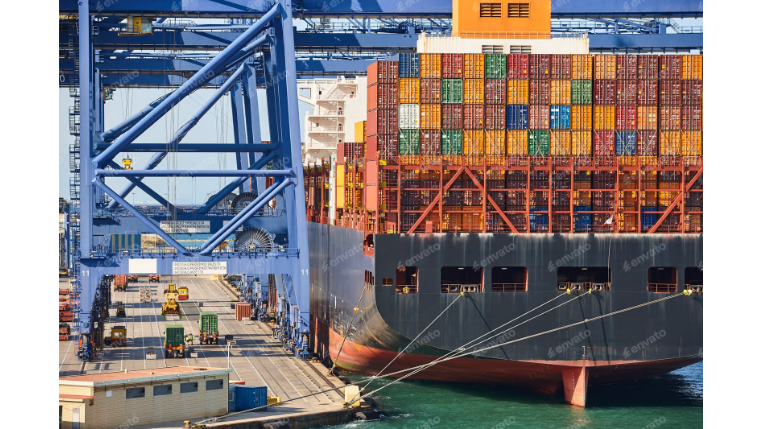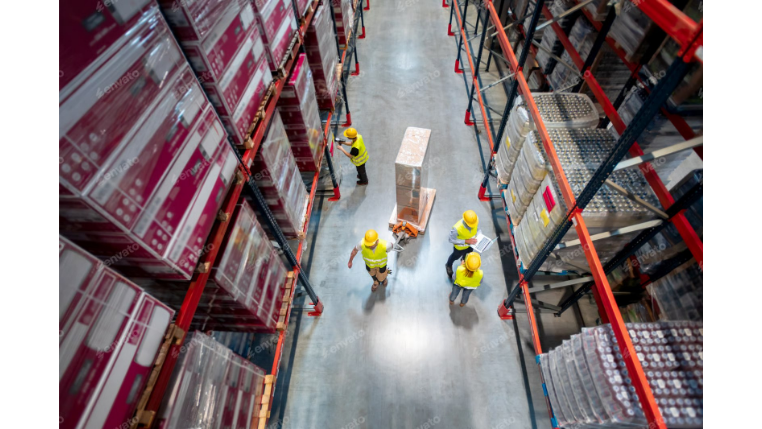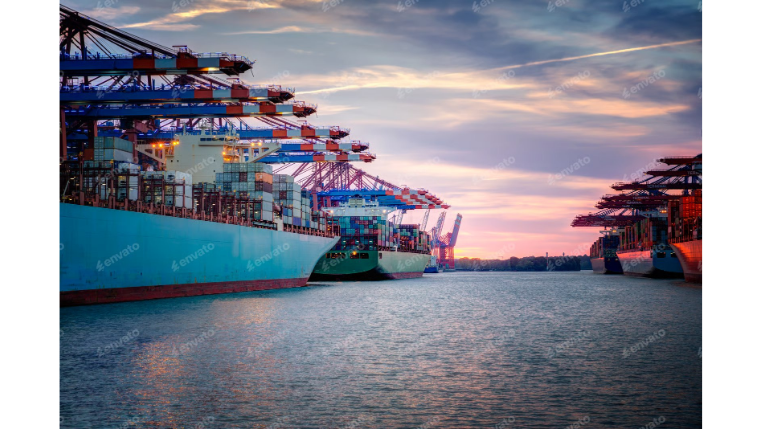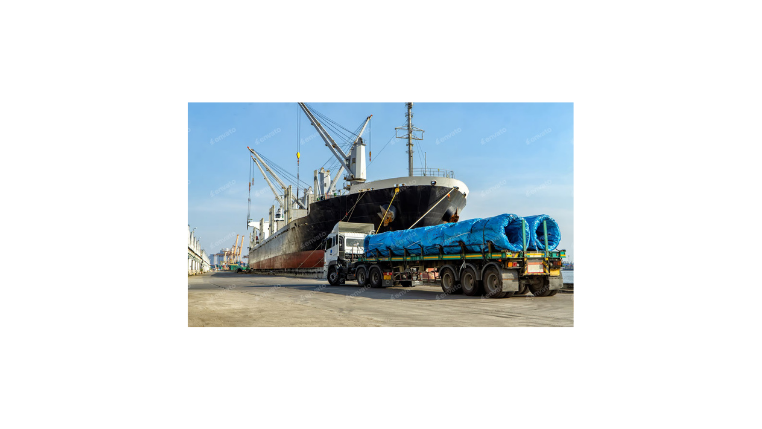Sustainable Logistics: How to Build a Greener, More Profitable Supply Chain
In the global economy of 2025, the concept of sustainability has evolved from a niche concern into a core pillar of a successful business strategy. Nowhere is this transformation more impactful than in the world of logistics. Companies are rapidly discovering that a green supply chain is also a lean, efficient, and highly resilient one. By strategically reducing waste, optimizing resource use, and embracing innovation, businesses can achieve the "triple bottom line": a positive impact on the planet, on people, and on profits.
What is Sustainable Logistics? The Triple Bottom Line in Motion
Sustainable logistics is the process of planning and managing supply chain operations to reduce their environmental impact while maintaining or improving economic viability and social responsibility. It’s about making conscious decisions to minimize your carbon footprint across all activities, including transportation, warehousing, and packaging. The goal is to create a virtuous cycle where efficiency gains lead to both environmental benefits and cost savings.
The Compelling Benefits of Going Green
Adopting sustainable practices is not an act of charity; it's a smart business move that delivers tangible returns.
- Reduced Operational Costs: This is the most immediate and compelling benefit. Route optimization cuts fuel consumption. Load consolidation eliminates costly "empty miles." Eco-friendly packaging reduces material costs and shipping weight. These are not just green initiatives; they are powerful cost-saving measures.
- Enhanced Brand Reputation and Customer Loyalty: Today’s consumers and B2B partners are actively choosing to do business with environmentally responsible companies. A demonstrable commitment to sustainability can be a powerful differentiator that attracts and retains customers.
- Improved Risk Management and Resilience: Reducing dependence on volatile fossil fuels and optimizing your network makes your supply chain less vulnerable to price shocks and disruptions. A lean, waste-free operation is inherently more agile.
- Future-Proofing and Regulatory Compliance: By proactively adopting sustainable practices, your business can get ahead of expanding environmental regulations and carbon taxes, avoiding future penalties and compliance costs.
Best Practices: Actionable Steps for a Greener Supply Chain
Transitioning to a more sustainable model is a journey of continuous improvement. Here are some of the most effective strategies to implement now:
- Optimize Every Route and Every Load: This is the low-hanging fruit of green logistics. Use modern software to plan the most fuel-efficient routes for your deliveries. Equally important is ensuring that every truck, container, or pallet is packed to its maximum capacity to reduce the number of trips needed.
- Embrace Eco-Friendly Packaging: The principles of "reduce, reuse, recycle" are paramount. Use right-sized boxes to eliminate wasteful void fill, switch to recycled or biodegradable materials, and design packaging that can be easily reused or repurposed.
- Implement a Modal Shift Strategy: Analyze your shipping lanes and strategically move freight from road to more energy-efficient modes like rail or sea for long-haul journeys. A single train can take hundreds of trucks off the road.
- Develop Green Warehousing: Warehouses are major energy consumers. You can significantly reduce their footprint by switching to energy-efficient LED lighting, installing solar panels, harvesting rainwater, and optimizing layouts to reduce the travel distance of forklifts and other equipment.
The Technology Driving Sustainable Innovation
Cutting-edge technology is accelerating the transition to a greener future.
- IoT (Internet of Things): Smart sensors on vehicles and cargo provide real-time data on fuel consumption, engine performance, and route efficiency, allowing for continuous optimization.
- AI and Machine Learning: Artificial intelligence is the engine behind advanced demand forecasting, which reduces overproduction and waste. It also powers dynamic route optimization that can adjust to traffic and weather in real-time.
- Blockchain: This technology enhances traceability and transparency, allowing businesses to verifiably track and prove the sustainable and ethical sourcing of their products from origin to consumer.
Measuring Success: Key Metrics for Sustainable Logistics
To manage your green initiatives effectively, you need to track your performance. Key metrics include:
- Carbon Footprint per Shipment/Ton-Mile
- Fuel Efficiency (MPG or L/100km)
- Percentage of Empty Miles
- Packaging Waste-to-Product Ratio
- Percentage of Shipments Using Alternative Fuels or Modes
Conclusion
In conclusion, sustainable logistics is the new benchmark for operational excellence. It is a strategic approach where environmental responsibility and business success are not competing priorities but are deeply intertwined. The key to unlocking these dual benefits is data-driven optimization and end-to-end visibility across your entire supply chain.
This is where a powerful digital platform like Modaltrans becomes an essential tool. It is inherently designed to drive sustainability by providing the critical capabilities for advanced route optimization, load consolidation, and detailed analytics to track your carbon footprint. Modaltrans gives businesses the visibility and control they need to turn sustainability goals into measurable, profitable, and impactful realities.


